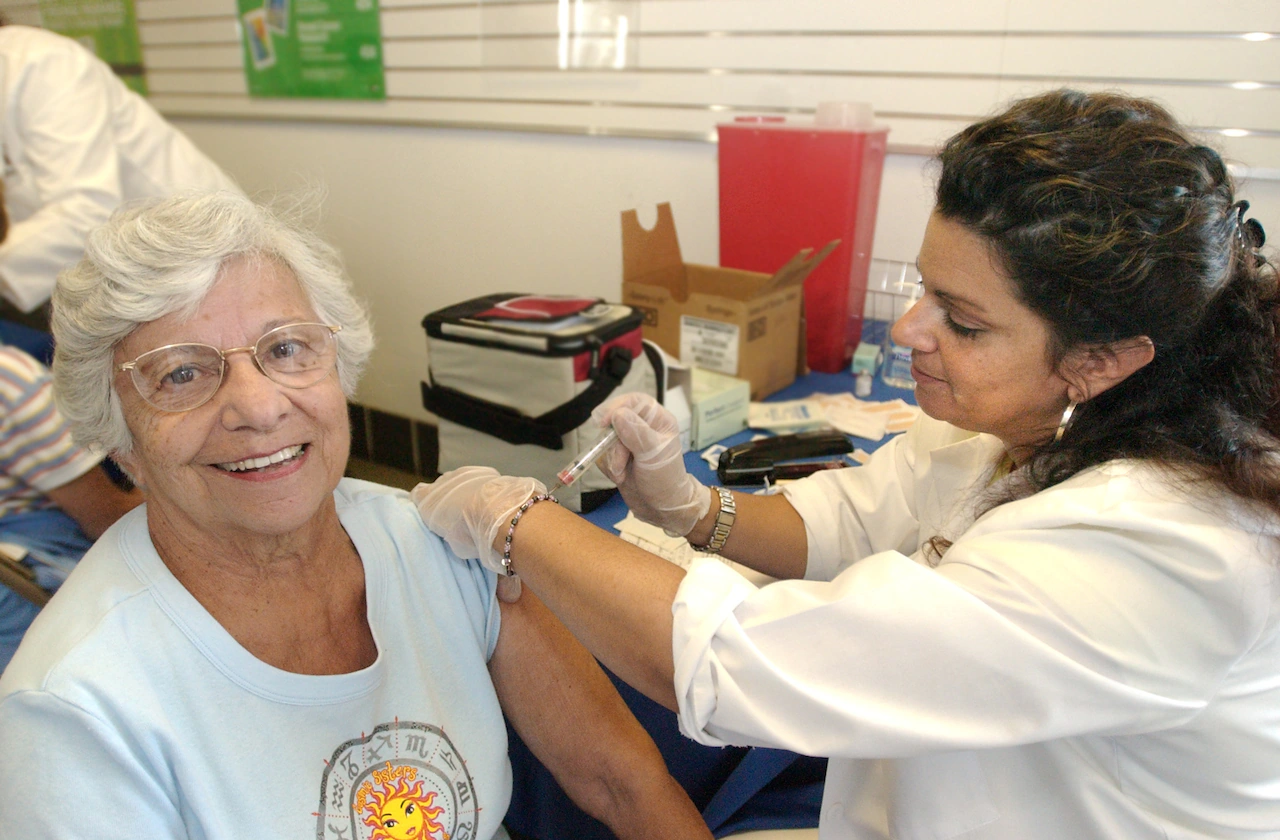
STATEN ISLAND, N.Y. — With flu season approaching, health officials say it’s almost time to roll up your sleeve for the annual vaccine.
It is unknown how severe the 2025–2026 flu season will be. Last year, however, the United States experienced what health officials described as “the most severe flu season in more than a decade,” with between 47 million and 82 million influenza cases estimated, according to data.
While this year’s season is expected to be milder, officials stated that everyone eligible should get vaccinated —especially older adults, children, and people with weakened immune systems.
Who should get vaccinated?
The Centers for Disease Control and Prevention recommends the flu shot for nearly everyone 6 months old and older, with few exceptions, including infants under 6 months and people with life-threatening allergies to vaccine ingredients.
CDC officials said that certain groups are at higher risk for flu complications and should prioritize vaccination, including:
Adults 65 and older
Children under 2
People with chronic conditions such as asthma or blood disorders
Individuals with a body mass index (BMI) of 40 or higher
People with weakened immune systems
Most insurance plans cover the cost of a flu vaccine, and for those paying out of pocket, prices typically range from $20 to $100. Vaccines are widely available at pharmacies, doctors’ offices, and other medical facilities.
When to get a flu shot
In the United States, flu season usually runs from October through March, with cases peaking between December and February.
CDC officials recommend getting vaccinated in early fall, ideally before the end of October. However, it’s never too late to get a flu shot, even if you miss the late-October window. After vaccination, it typically takes about two weeks for the body to develop protective antibodies.
While the flu shot does not guarantee complete protection, it reduces the risk of flu-related hospitalization or death by 40% to 60%, according to the CDC.
The side effects of the flu shot are usually mild and may include soreness at the injection site, headache, fatigue, or fever.
Symptoms of the flu and prevention
The flu can cause a range of symptoms, including:
Coughing
Runny or stuffy nose
Sneezing
Sore throat
Fever
Headache
Fatigue
Chills
Body aches
In addition to vaccinations, experts stated there are ways to lower your risk of contracting and spreading the flu, such as:



